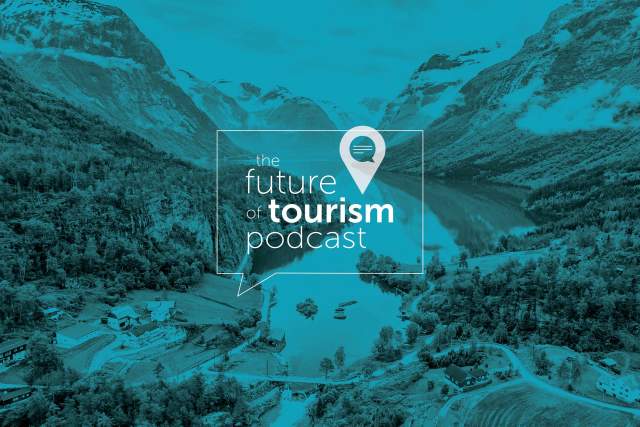Over the course of the pandemic, three burgeoning latencies in the tourism industry were exposed and accelerated. In brief, engagement, equity, and sustainability catapulted from theoretical ideas that were just beginning to take hold, to mainstream necessities that would shape this industry for decades to come.
Local relevance and the benefit to citizens become a paramount concern for destination organizations.
The equity diversity and inclusion imperative that was really only beginning to take hold in 2019 was rocketed in the global consciousness by the cataclysmic events of George Floyd's death on May 25, 2020. The resonating roar has been heard and felt around the world.
And sustainability — our duty to people and the planet — vaulted from a position of debate and division to being acknowledged as one of the most pressing existential threats that we face, not just as tourism destinations but as a world. Interestingly enough, it also took on a mantle well beyond its usual lane of environmental sustainability to include economic and social sustainability.
Sayari is the Swahili word for planet. Anne de Jong founded her first company, Fair Sayari (Fair Planet), when she was just 18.
Recognized in 2019 as one of the top 100 young entrepreneurs in the Netherlands who demonstrate that a sustainable future is possible, de Jong is part of a cohort of young, intelligent, and dedicated leaders worldwide who have decided personally to make a difference. They're not thwarted by the idea that one person can’t make a difference. They are not cowed by the economic resistance that opposes change. They have made a conscious decision to dedicate their lives to making the world a better place and to do so based on the principles of equity, sustainability, and inclusion.
Today de Jong is a founder of the Good Tourism Institute. “The Good Tourism Institute helps tour operators become the best version of themselves,” she said. “It helps them to learn how to support local communities, build long-lasting relations with customers and employees, and to offer unique experiences. All in a sustainable way.”

